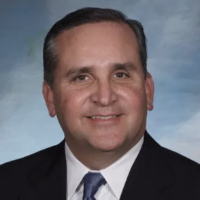Happy Collection Lawyer, Texas
Not enough matches for Happy Collection lawyer.
Below are all Happy Bankruptcy & Debt lawyers.
Patrick A. Swindell
✓ VERIFIEDConsumer Bankruptcy, Bankruptcy, Bankruptcy & Debt
An AV® Preeminent™ Peer Review Rated℠ attorney by Martindale-Hubbell®, Patrick Swindell focuses on bankruptcy law and civil litigation. He is a ... (more)
David Mitchell Jones
Civil Rights, Bankruptcy, Dispute Resolution, Insurance, Family Law
Status: In Good Standing Licensed: 32 Years
Jack L. Edwards
Commercial Real Estate, Wills, Banking & Finance, Credit & Debt
Status: In Good Standing Licensed: 52 Years
John Edward Attebury
Bankruptcy, Dispute Resolution, Criminal, Commercial Real Estate, Business
Status: In Good Standing Licensed: 10 Years
Dennis Ray Boren
Criminal, Business & Trade, Business, Bankruptcy
Status: In Good Standing Licensed: 38 Years
Van W. Northern
Bankruptcy, Business & Trade, Wills, Litigation
Status: In Good Standing Licensed: 40 Years
Larry L. Canada
Administrative Law, Credit & Debt, Elder Law, Family Law, Criminal
Status: In Good Standing
Larry Lynn Canada
Administrative Law, Credit & Debt, Elder Law, Family Law, Estate Planning
Status: In Good Standing


